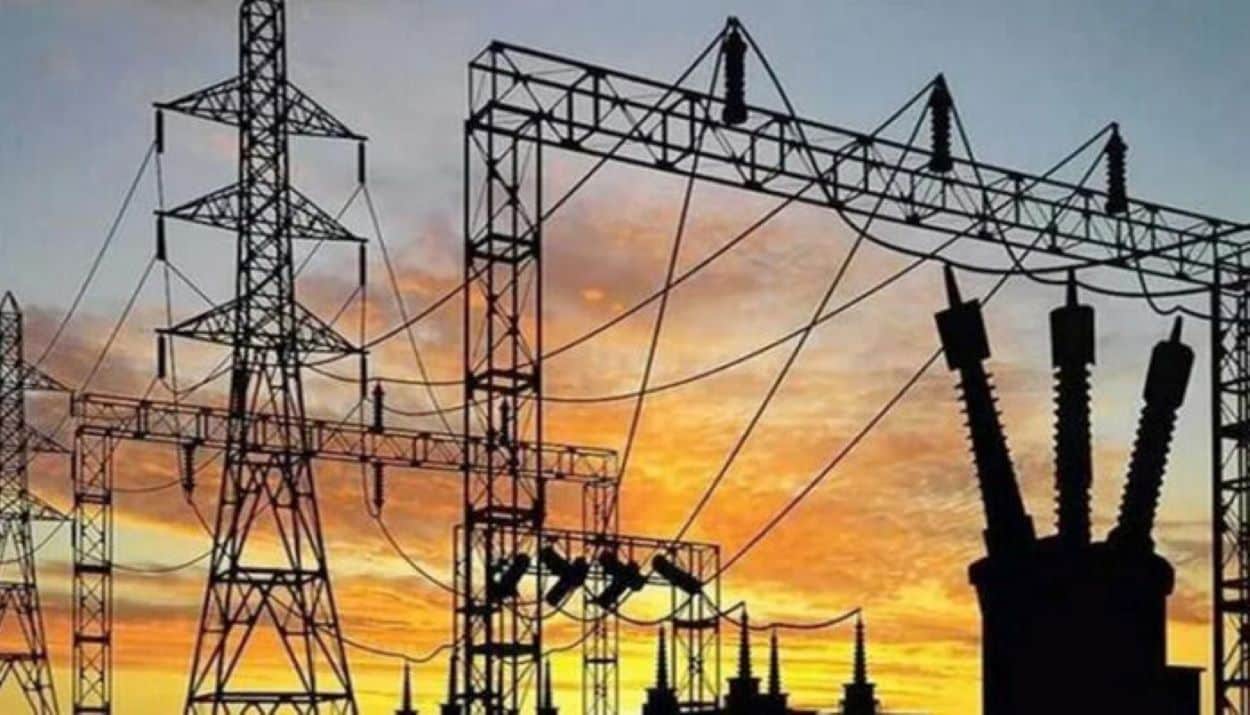Despite efforts against price shocks and theft, the World Bank cites rising energy debts. They’ve grown by Rs135 billion, hitting Rs5.5 trillion or 5.1% of GDP. The government is urged to recover costs better.
The Bank notes government reforms but calls for more action. Energy inflation jumped from 40.6% to 50.6%, driven by price hikes.
It reports monthly power debt increases of Rs66.14 billion, reaching Rs2.635 trillion. Gas debt also rose by Rs68 billion, totalling Rs2.866 trillion. More reforms are urged to curb rising debts.
Tariff hikes haven’t stopped the debt surge. Pakistan’s energy subsidies, the highest in South Asia, are around 0.9% of GDP.
The Bank highlights tariff-cost recovery gaps. Many consumers, especially in agriculture, still receive subsidies.
Revenue doesn’t cover electricity costs, leading to more debt. This is due to non-cost tariffs and Discos’ inefficiencies.
Gas debt reflects tariff delays and inefficiencies. The World Bank praises recent reforms but stresses the need for more.
It suggests privatizing Discos and increasing renewable energy. Aligning tariffs with costs and boosting efficiency are key. Expanding the grid for renewable energy is also recommended.






